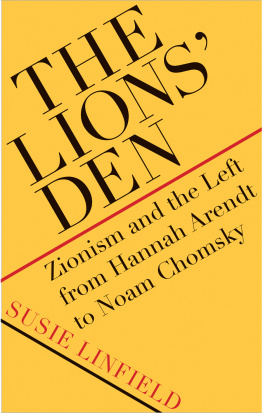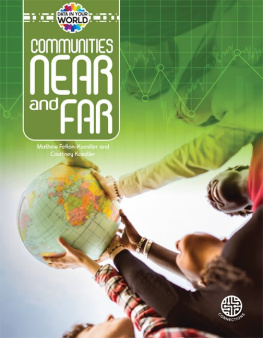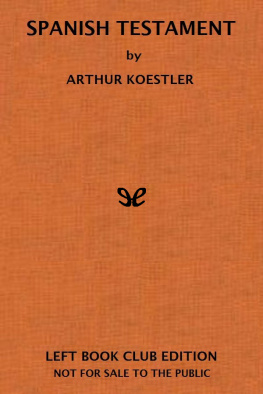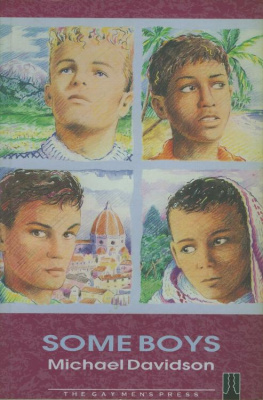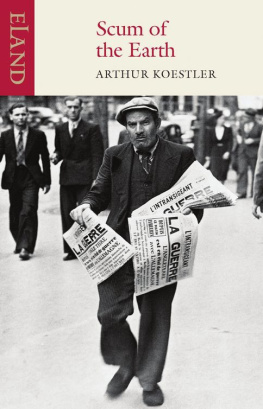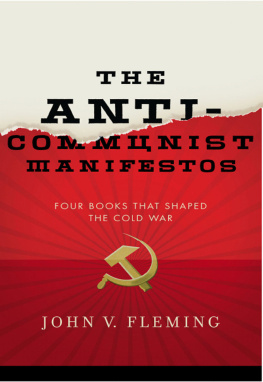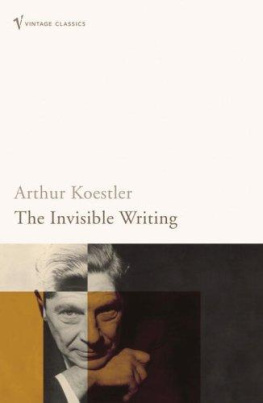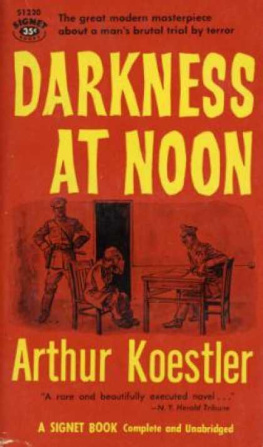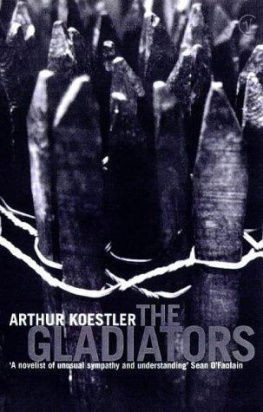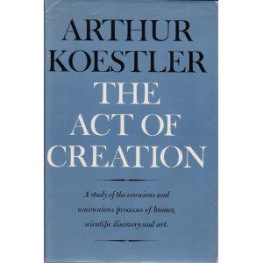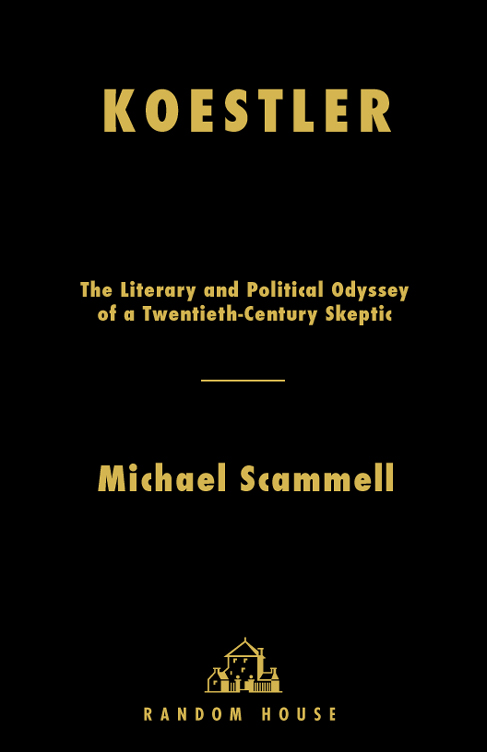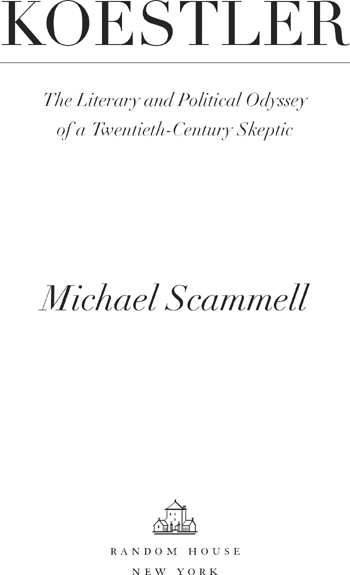ALSO BY MICHAEL SCAMMELL
Solzhenitsyn: A Biography
AS EDITOR
The Solzhenitsyn Files
Unofficial Art from the Soviet Union
Russias Other Writers
For Rosemary
If we can speak about the Central European intellectual at all it is because of the personality of Arthur Koestler. His Jewish-Hungaro-Czech origins are a sort of advance warning that explains all his researches and his ambiguity: from Judaism to the theory of assimilation, from Marxism to the absolute negation of communism, from the flirtation with eastern spiritualism to its demystification, from faith in science to doubt of all closed systems of thought, and from the search for the absolute to serene resignation in the face of mans critical aptitudes. Koestlers intellectual adventure, through to his ultimate choice, is unique even within the most broadly defined borders of Europe. It contains the potential biography of every Central European intellectualin its radical realization.
DANILO KI
There are men and women who, in addition to having special gifts, seem to embody the times in which they live. Somehow their biographies take on and make more visible to the rest of us the shape and meaning of the age. Even if Arthur Koestler had not been a significant writer and publicist, future historians would be fascinated by his career. It touches, with uncanny precision, on the hopes and nightmares, on the places and events, which have given the twentieth century its flavor.
GEORGE STEINER
CONTENTS
PART ONE:A LONG APPRENTICESHIP
The Author as Journalist
(19051936)
Chapter One:
Chapter Two:
Chapter Three:
Chapter Four:
Chapter Five:
Chapter Six:
Chapter Seven:
Chapter Eight:
Chapter Nine:
Chapter Ten:
Chapter Eleven:
Chapter Twelve:
Chapter Thirteen:
PART TWO:FAME AND INFAMY
The Author as Novelist
(19361946)
Chapter Fourteen:
Chapter Fifteen:
Chapter Sixteen:
Chapter Seventeen:
Chapter Eighteen:
Chapter Nineteen:
Chapter Twenty:
Chapter Twenty-One:
Chapter Twenty-Two:
Chapter Twenty-Three:
Chapter Twenty-Four:
Chapter Twenty-Five:
PART THREE:LOST ILLUSIONS
The Author as Activist
(19461959)
Chapter Twenty-Six:
Chapter Twenty-Seven:
Chapter Twenty-Eight:
Chapter Twenty-Nine:
Chapter Thirty:
Chapter Thirty-One:
Chapter Thirty-Two:
Chapter Thirty-Three:
Chapter Thirty-Four:
Chapter Thirty-Five:
Chapter Thirty-Six:
Chapter Thirty-Seven:
Chapter Thirty-Eight:
Chapter Thirty-Nine:
PART FOUR:ASTRIDE THE TWO CULTURES
The Author as Polymath
(19591983)
Chapter Forty:
Chapter Forty-One:
Chapter Forty-Two:
Chapter Forty-Three:
Chapter Forty-Four:
Chapter Forty-Five:
Chapter Forty-Six:
Chapter Forty-Seven:
Chapter Forty-Eight:
PROLOGUE
Men are convinced of your arguments, your sincerity, and the seriousness of your efforts only by your death.
ALBERT CAMUS
ON TUESDAY, MARCH 1, 1983, Arthur Koestler and his wife, Cynthia, entered their sitting room at 8 Montpelier Square, London, sat down facing each other, he in his favorite leather armchair, she on the couch, and poured themselves their usual drink before dinner. Arthurs was his favorite brandy, Cynthias was scotch. The only difference between this and a thousand similar evenings was the presence on a small table between them of a bottle of wine, a large bottle of Tuinal sleeping tablets, a jar of honey, and some extra wineglasses. Arthur and Cynthia swallowed about half the tablets each, washed them down with wine and honey, then sipped their brandy and scotch. Within half an hour or so they were unconscious, within an hour completely dead, and they remained there, fully clothed, for a day and a half, until their Brazilian maid came to clean the house on Thursday morning.
The suicide was meticulously planned and carried out without a hitch. Several months beforehand Koestler had prepared a handwritten letter. The purpose of this note is to make it unmistakeably [sic] clear that I intend to commit suicide by taking an overdose of drugs without the knowledge or aid of any other person. The drugs have been legally obtained and hoarded over a considerable period. The immediate reason for his decision was illness. He was suffering from both Parkinsons disease and what he called the slow-killing variety of leukemia. He had lived with Parkinsons for about seven years already, but leukemia was the last straw. I kept the latter a secret even from intimate friends to save them distress. After a more or less steady physical decline over the last years, the process has now reached an acute state with added complications which make it advisable to seek self-deliverance now, before I become technically incapable of making the necessary arrangements.
Self-deliverance was an interesting term for Koestler to use. It echoed the Freitod (literally free death) of his native language, German, with quite different connotations than its grisly synonym Selbstmord (self-murder) or the more clinical Suizid (suicide). It was a form of death with which he was more than familiar, as a Central European Jew who had grown up in the shadow of anti-Semitism and the rise of fascism. Self-deliverance was also the term favored by the Voluntary Euthanasia Society, of which Koestler was vice president, and he had long ago made it clear that he would kill himself rather than suffer a lingering death. In a preface to the societys controversial Guide to Self-Deliverance he had written: An unknown country to which the only access leads through a torture chamber is frightening. The prospect of falling asleep is not only soothing but can make it positively desirable to quit this pain-racked mortal frame and become unborn again. Noting that animals enter the world and leave it again presumably without pain, he had added: The conclusion is inescapable. We need midwives to aid us to be bornor at least the assurance that such aid is available. Euthanasia, like obstetrics, is the natural corrective to a biological handicap.
He had not chosen self-deliverance lightly. The variety of leukemia he suffered from, chronic lymphocytic leukemia, was slow acting, and even in combination with Parkinsons was not necessarily lethal, and he had waited eight months after his diagnosis before deciding on the final step. He probably made up his mind for good on Sunday, February 27. Koestler hated Sundays. He was fond of quoting Dostoyevsky: Even if you are in the deepest dungeon, you always know when it is a Sunday. But the true decision had been made long before, of course.


